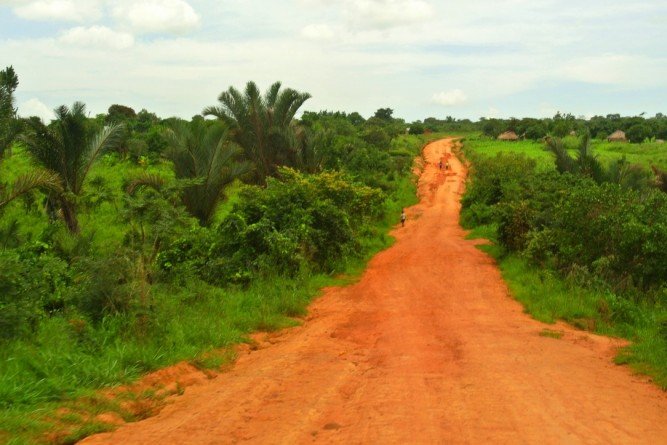By Zuwena Shame
Most avocado farmers in Tanzania’s Njombe District rely heavily on foreign markets. They harvest their produce in remote areas and transport it to ward, district, and regional centres where agents and buyers are based. For farmers like Daudi Mkula, who owns a farm in Wanging’ombe area, the journey to Njombe town—over 25 kilometres away and often poor roads — can mean the difference between profit and loss.
Mkula said he once lost tons of avocados before they could reach the market, illustrating how poor infrastructure continues to hurt smallholders. The Agricultural Growth Corridors of Tanzania (AGCOT) has been spearheading efforts to improve the country’s agricultural infrastructure, including roads and rail, to facilitate smoother movement of produce from farms to markets. The agency, formerly Southern Agricultural Growth Corridor of Tanzania (SAGCOT), also collaborates with the private sector in constructing new warehouses and upgrading existing ones to ensure better storage for perishable goods. However, the persistence of postharvest losses means that these efforts remain inadequate or ineffective.
Manase Jacob, a vegetable farmer from Ngarenanyuki Ward in Arusha Region, produces tomatoes, onions, and cabbages. He is among the many farmers in the region affected by poor infrastructure, particularly the roads connecting Ngarenanyuki to the town markets where he sells his fresh produce.
Manase recalls particularly suffering heavy losses during the El Niño rains. “I lost a lot of money. By the time I was transporting my tomatoes, the bad road conditions caused delays, and when I finally reached town, I found out that 220 crates of my produce were rotten,” said Manase, adding that he wished there were warehouses nearby to store his produce during bad weather conditions. Abraham Nnko, also from Ngarenanyuki, reported losing Tsh 32 million worth of tomatoes alone due to damaged roads during the rainy season.
“I spent a lot of money on transportation, and it took me two days to reach the market. When I arrived, my produce had been damaged by the rain and could not be sold,” he said.
Because the markets are far from farms and roads are in poor condition, farmers often resort to using threewheeled cargo motorcycles, locally known as “guta,” to transport their produce.
Nnko called on the government and other stakeholders to invest in tomato processing factories to help farmers sell their produce and improve livelihoods. Emmanuel Zacharia from Chamwino District in Dodoma noted that the fact that rented farm plots are often in remote areas present market challenges for farmers, as agents demand transport costs to be included in the produce price.
“Roads are in bad condition, and when you have a breakdown, you inevitably incur losses on fresh produce like onions, tomatoes, and cabbages. Even in marketplaces, there are no parking areas or storage facilities like cold rooms, which could allow farmers to store produce while waiting for agents or fair prices,” Zacharia said.

